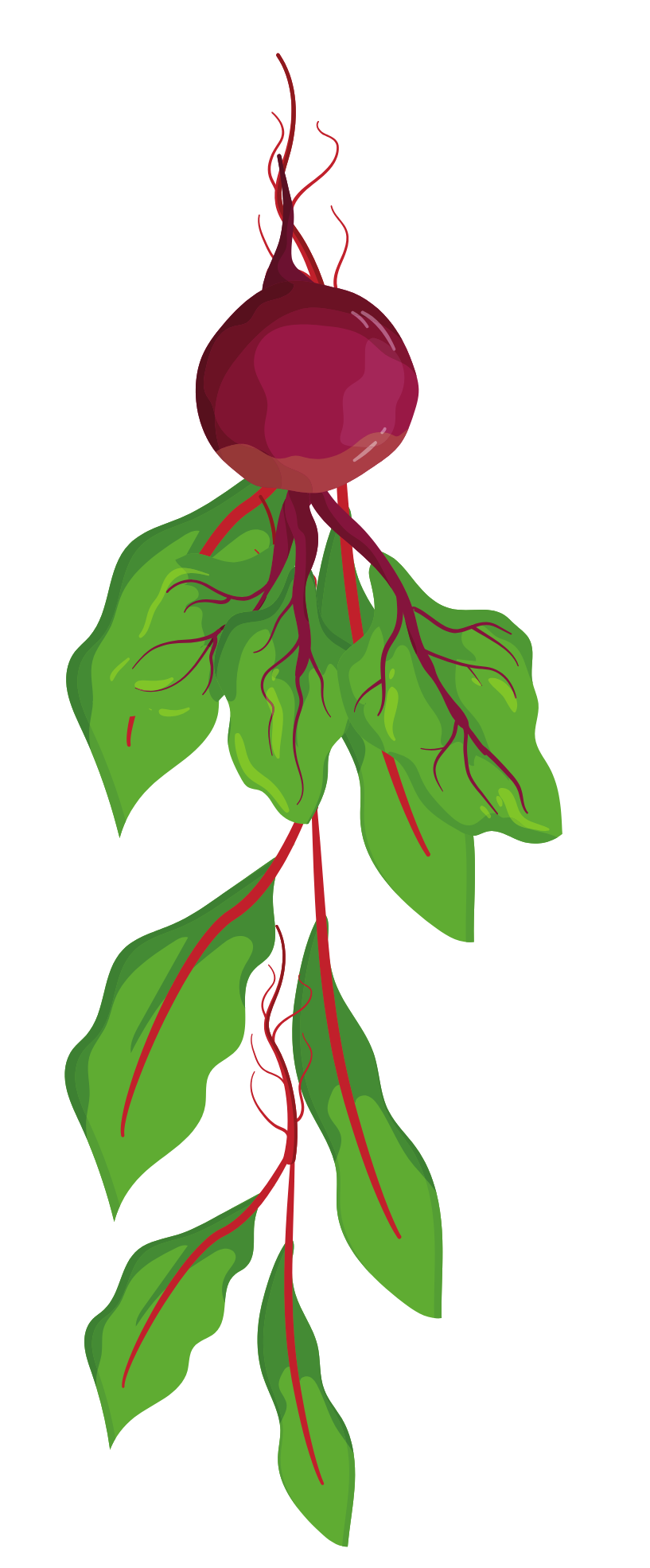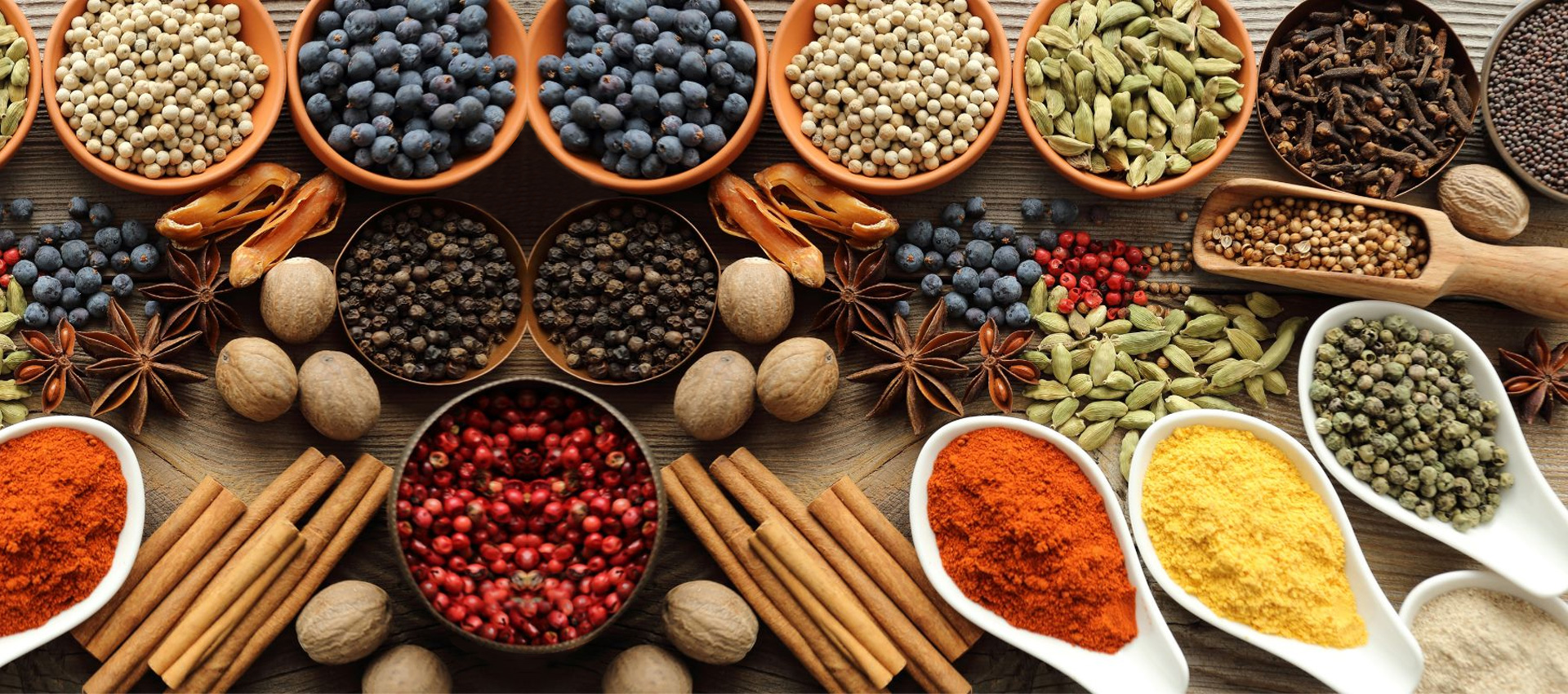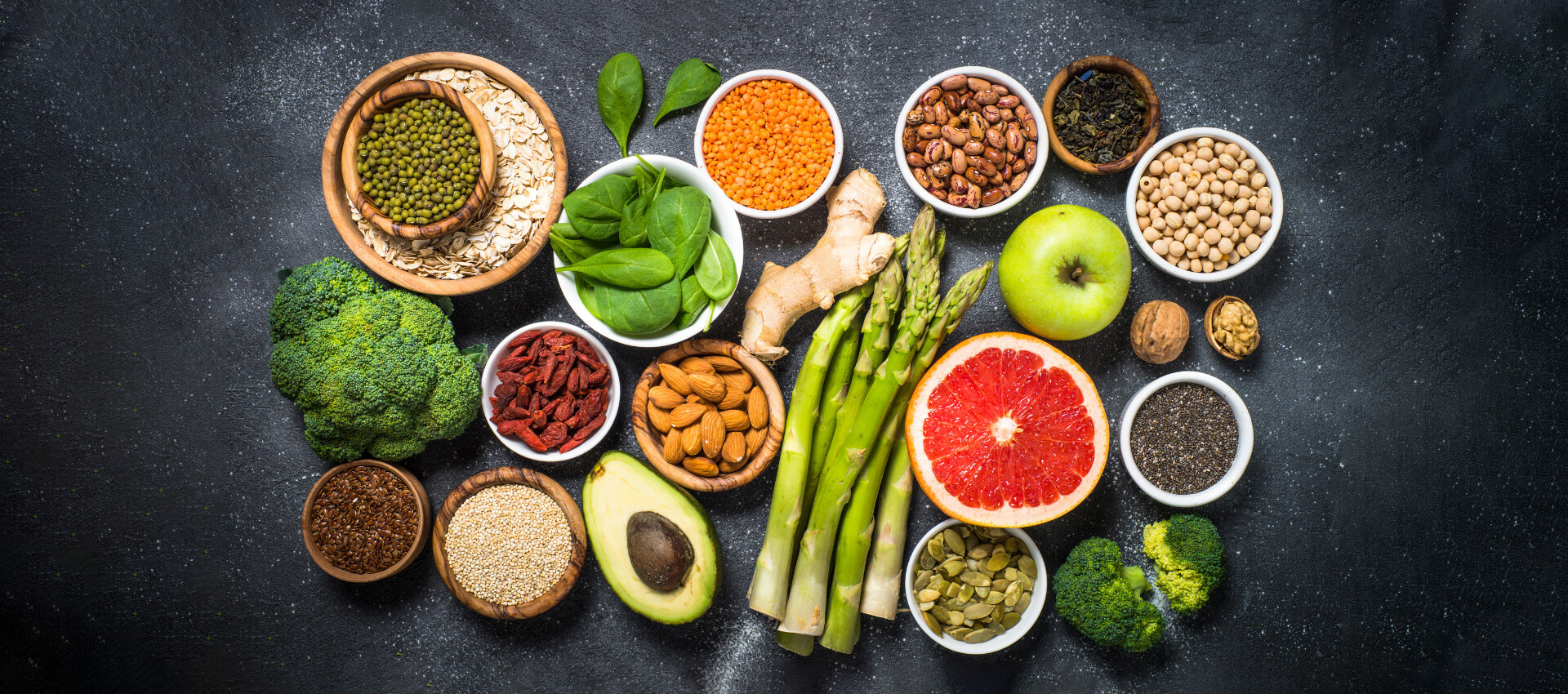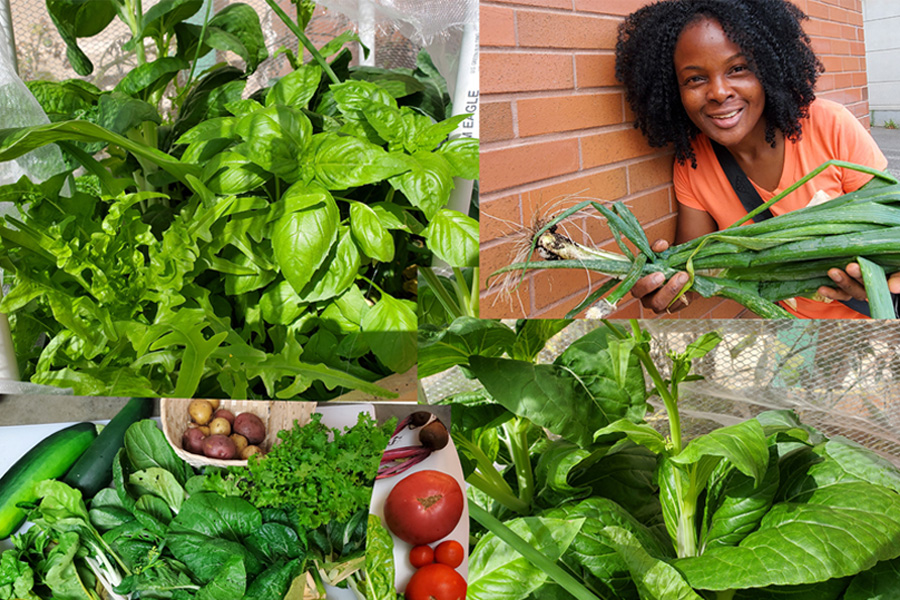
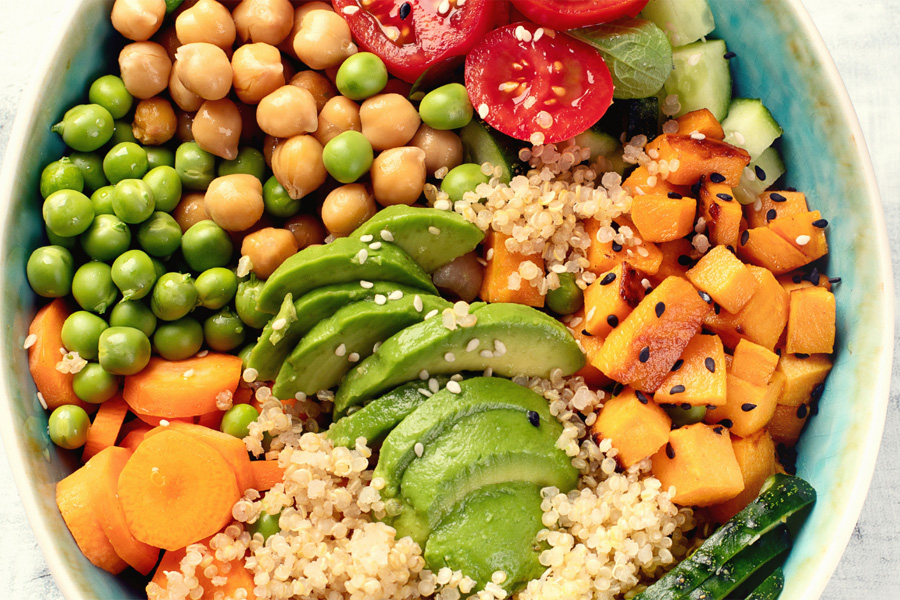
Some High-Yield Organic Gardening Tips For Your Garden
If you are growing a garden for the first time, it’s natural for you to feel overwhelmed with what to do next. You might be considering some outside help for your garden, but don’t worry; we can help you save your money and grow your organic garden ideally by yourself. If you don’t know what organic gardening is, let me educate you first. Organic gardening is where you plant food and others without using pesticides or synthetic fertilizers for the growth of your plants. Organic gardening is different from conventional gardening since it aims at ensuring the whole ecosystem is maintained naturally and holistically. If you are confused about how to start growing your own organic garden, refer to the following tips:
Decide Your Planting Zone:
Your first step towards growing your perfectly healthy organic garden is deciding on its planting zone. The location of your garden plays a very vital role in the health of your plants. If you want your plants to produce well and be in good health, you need to decide on a location where they are getting direct and sufficient sunlight, great soil, good drainage, and enough moisture. These are some of the primary requirements for any plant to grow well, so ensure the location you choose has them all.
Prepare The Soil:
The next most important step to ensure your plants don’t feel suffocated later is to check whether the soil they will be planted in has a stable pH level. Before that, you also have to decide if your garden will be planted in a raised bed or traditional in-ground. If you are going for raised beds, you will need containers and some organic soil which you can easily find in the market. On the other hand, if you are going for an in-ground garden, you will have to filter the soil by removing the sod and then, through digging, remove the large stones, weeds, or other debris. Then you can get a soil test for your soil to check its acidity and pH level. This way, you will be able to prepare your soil for the healthy growth of your plants.
Compost:
Growing an organic garden is another crucial component you will need to keep your soil conditioned for the plant’s good health. Organic compost is rich in micronutrients and ensures good soil by encouraging the growth of beneficial soil organisms, maintaining soil fertility, and building an exemplary structure of your soil type. Start a compost pile today if you want to grow an organic garden in no time because compost takes some time to break down to be used in a garden.
Pick The Organic Plants:
Since we are developing an organic garden, we will need organic plants and seeds. So once your soil is prepared, you can start looking for organic seeds to plant in your garden. You need to look for an organic source that offers good-quality seeds and organic heirloom plants. Also, when selecting which plants to grow, it’s advisable to keep seasonality in mind since some plants, like arugula or brussels sprouts, are cold weather plants and can’t survive in the hottest summer months. So, keep the season in mind when selecting plants for your garden.
Water Your Plants Right:
Immediately after finishing your planting, you will be required to water your new pants carefully and adequately. Ensure you water them daily until your seeds start to germinate and the roots are properly established. One more thing to remember is that some plants don’t need to be watered daily because they get too damaged by flooding. Therefore when planting a seed, make sure you either search online or ask your source how many times the plant needs to be watered. Also, consider installing a drip system or an automatic water timer to keep your plants hydrated.
Perform Ongoing Maintenance:
Your garden needs utmost and regular care. You cannot just plant a garden and never pay attention to it. That way, it won’t stay healthy, and therefore, you must provide ongoing maintenance to your organic garden. Regular watering, weeding, and harvesting are necessary to maintain the excellent health of your garden and its plants.
Conclusion
To wrap it up, proper maintenance and care of your plants can be the best thing you can do for your garden, but ensure you stay consistent with it. Gardening is fun and enjoyable, but you must be correct and confident in what you are doing. Like humans, plants need to be looked after, too, so ensure you give them the care they deserve. Also, since you are developing an organic garden, chemical fertilizers or pesticides must be a no-no. You can not use chemicals for the growth of your plants if you want them to stay organic and healthy. I hope the tips mentioned above were of good use to your requirements. Happy gardening!!!!
Reference-
The house & homestead, A.N.N.A. (, ). A Complete Guide to Organic Gardening for Beginners. [Weblog]. Retrieved 13 December 2022, from https://thehouseandhomestead.com/organic-gardening-beginners/

